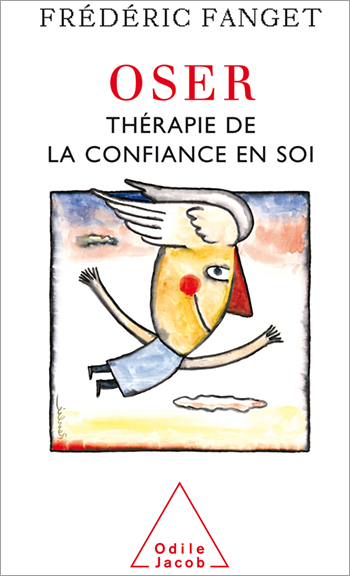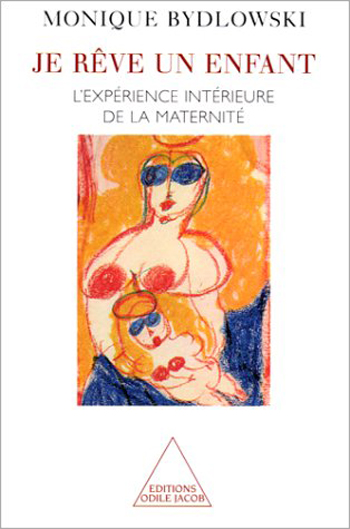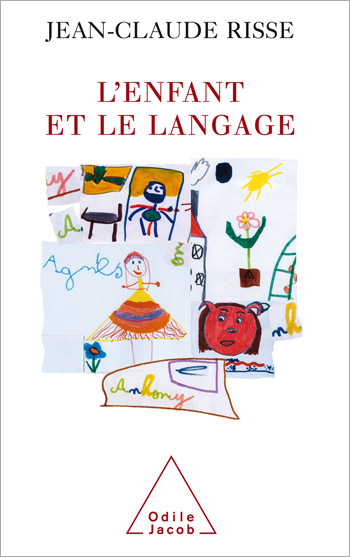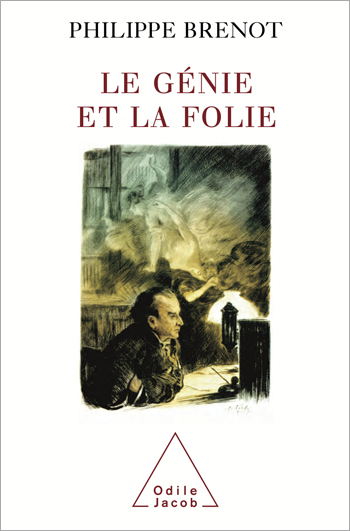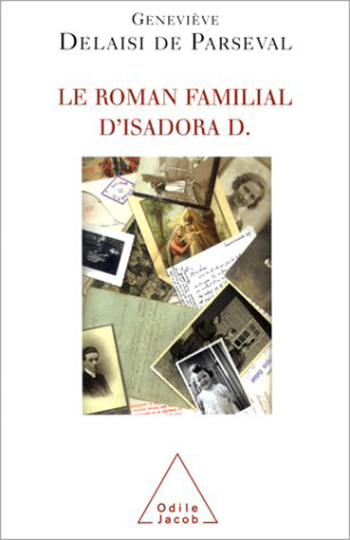Psychology All books
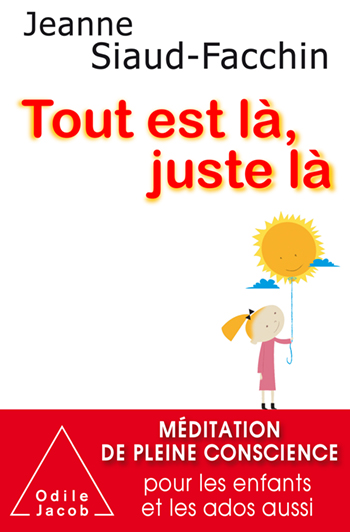
Jeanne Siaud-Facchin
Everything is there, right there
Mindfulness Meditation for Children and Adolescents
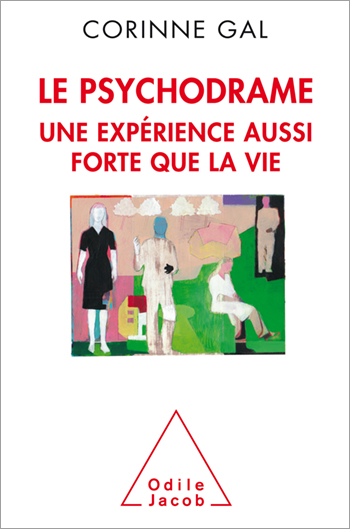
Corinne Gal
Psychodrama: As Powerful an Experience as Life Itself
Psychodrama: an effective therapeutic method that is frequently used by psychiatrists and psychotherapists
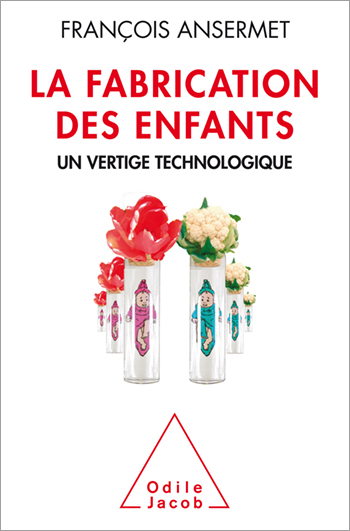
François Ansermet
The Manufacture of Children
What are the limits of assisted reproductive technology (ART), a crucial issue for our children and the future?

Thierry Vincent
Anorexia
Why are more and more young girls and women becoming anorexic ? Today it is a real social problem. The trend of diets, and the multiplication of magazines about losing weight are no longer enough to explain this phenomenon. Thierry Vincent poses fundamental questions in this book in order to understand how anorexica works. Perhaps the search for new ways of treating anorexia should depart from an examination of these questions. Thierry Vincent, a psychiatrist and psychoanalyst, is the medical director of the university health centre Georges Dumas, in La Tronche, near Grenoble, where high school and university students suffering from eating disorders are treated.
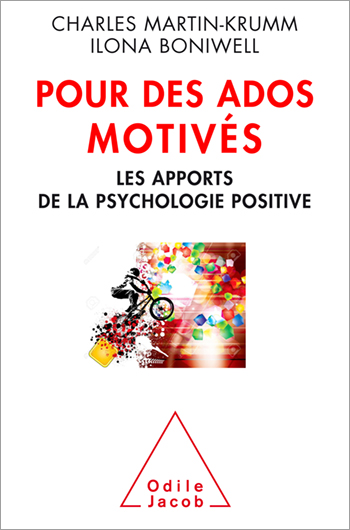
Charles Martin-Krumm, Ilona Boniwell
Motivated Adolescents The Benefits of Positive Psychology
A method for a truly fulfilling education
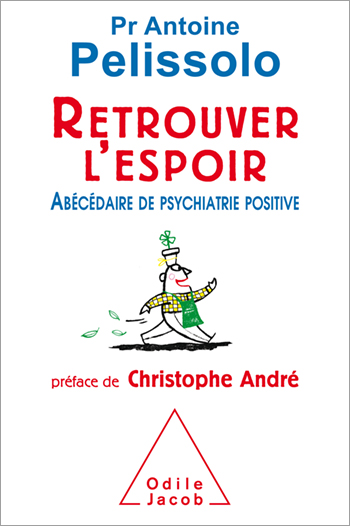
Antoine Pelissolo
Restoring Hope An ABC of Positive Psychiatry
Changing the way we look at psychological suffering and psychiatry
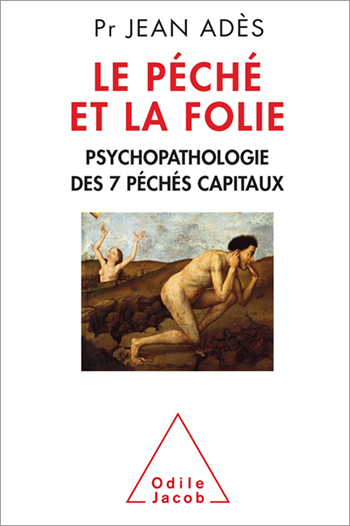
Jean Adès
Sin and Madness The Psychopathology of the Deadly Sins
A unique and fascinating approach to psychiatry and psychic suffering
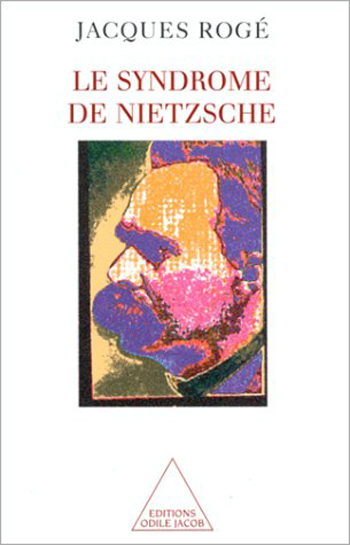
Jacques Rogé
Nietzsche's Syndrome
Nietzsche was a manic-depressive. This is the conclusion that one doctor, Professor Jacques Rogé has come to after reading the works of the great philosopher, in particular his autobiographical texts. In light of this diagnosis, he explains why the author of Joyful Wisdom continuously oscillated between periods of creative exultation and periods of melancholic depression. In particular, he draws out the essential role that this illness played in the explosion of Nietzsches genius.
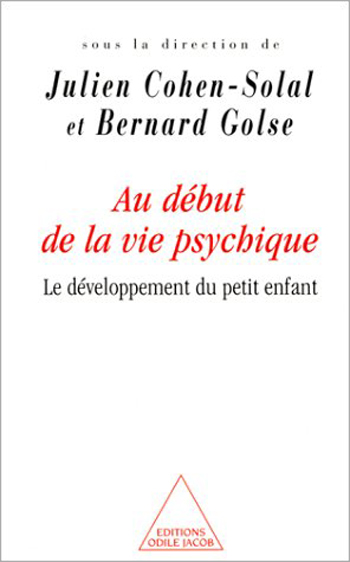
Julien Cohen-Solal, Bernard Golse
At the Beginning of Psychological Life The development of the small child
This collection of articles, written by some of the world's greatest specialists in child and infant care, deal with the child's development, inherent potential, and interaction with their environment and family from 0-3 years old; early childhood bonding, the role played by outside stimuli, the workings of the unconscious, the impact of affectivity on intelligence, the appearance of thought, the development of speech, the growth of the consciousness of self, sexuality, and the child's relations with its mother, father, and siblings.. This book will be a useful tool both for parents who wish to understand their child's development and for childcare professionals who wish to keep up with recent research. Julien Cohen-Solal is the co-author, with René Frydman, of My Pregnancy, My Child. Bernard Golse heads the child-psychiatry service at the Hôpital Saint Vincent de Paul, in Paris, and teaches psychiatry at the University of Paris-V.
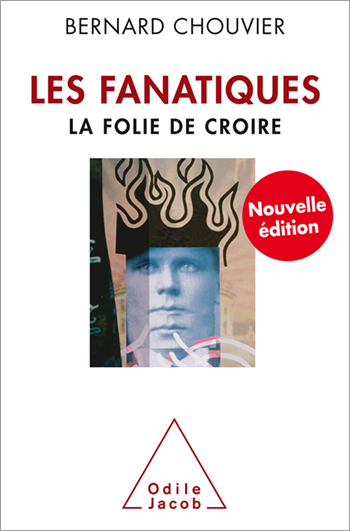
Bernard Chouvier
The Fanatics
For more than twenty years, Bernard Chouvier has studied various forms of political and religious commitment and activism and their sectarian excesses.
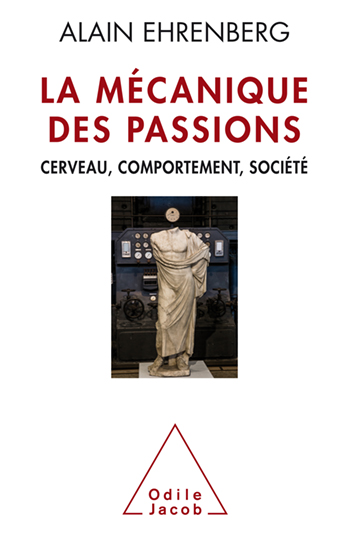
Alain Ehrenberg
The Mechanics of Passions: The New Contemporary Individualism
The book’s very stimulating thesis: the twenty-first century will be the century of the brain and the neurosciences, which are already playing the role that psychoanalysis played in the twentieth century.

